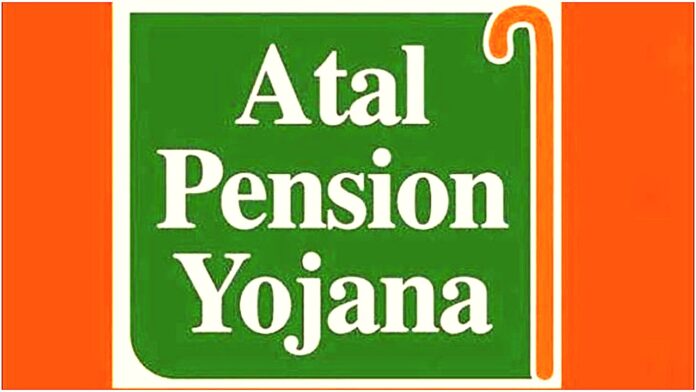Today’s times require meticulous budgeting to keep afloat economically. When investing, it’s important to weigh all of the plan’s benefits and drawbacks. You, too, must be cognizant of the fact that rules and regulations are subject to periodic revision. This is the updated information about the Atal Pension Yojana from the government.
The Atal Pension Yojana investment guidelines are changing. Atal Pension Yojana’s new regulations will take effect on October 1. For taxpayers, this means that the plan will be closed to them as of October 1, 2022. The Treasury Department has published a statement on the matter.
Read More: Amisha Patel, shocked everyone when she appeared in front of the camera wearing just a bra and a pair of briefs.
As things stand, APY is open to any Indian citizen between the ages of 18 and 40 who maintains a savings account at a bank or post office. But after the new regulation goes into effect, what will occur to the current subscriber?
According to financial planning expert Pankaj Mathpal, the new regulation will not affect those who have already deposited in Atal Pension Yojana. Yes, even if you are currently a taxpayer. Those who started their account before October 1 will still be eligible for the scheme’s perks.
In this case, the Pension Fund Regulatory & Development Authority is in charge of overseeing the plan (PFRDA). Any financial institution will do this when it comes to providing APY accounts for the programme. Your payments are automatically debited from that bank account. The Atal Pension Yojana (APY) is a beneficial programme for informal sector workers in India.
The APY programme ensures at least Rs 1,000 per month in pension payments for those who qualify. If you tell the bank they can deposit the money and pay you a pension, then that’s what they’ll do.
Information on a savings account’s balance, an Aadhaar number or mobile phone number, and an APY application form are all required to participate in the Atal Pension Yojana. An annual pension in the range of Rs 1,000 – Rs 5,000 is provided by the federal government.






